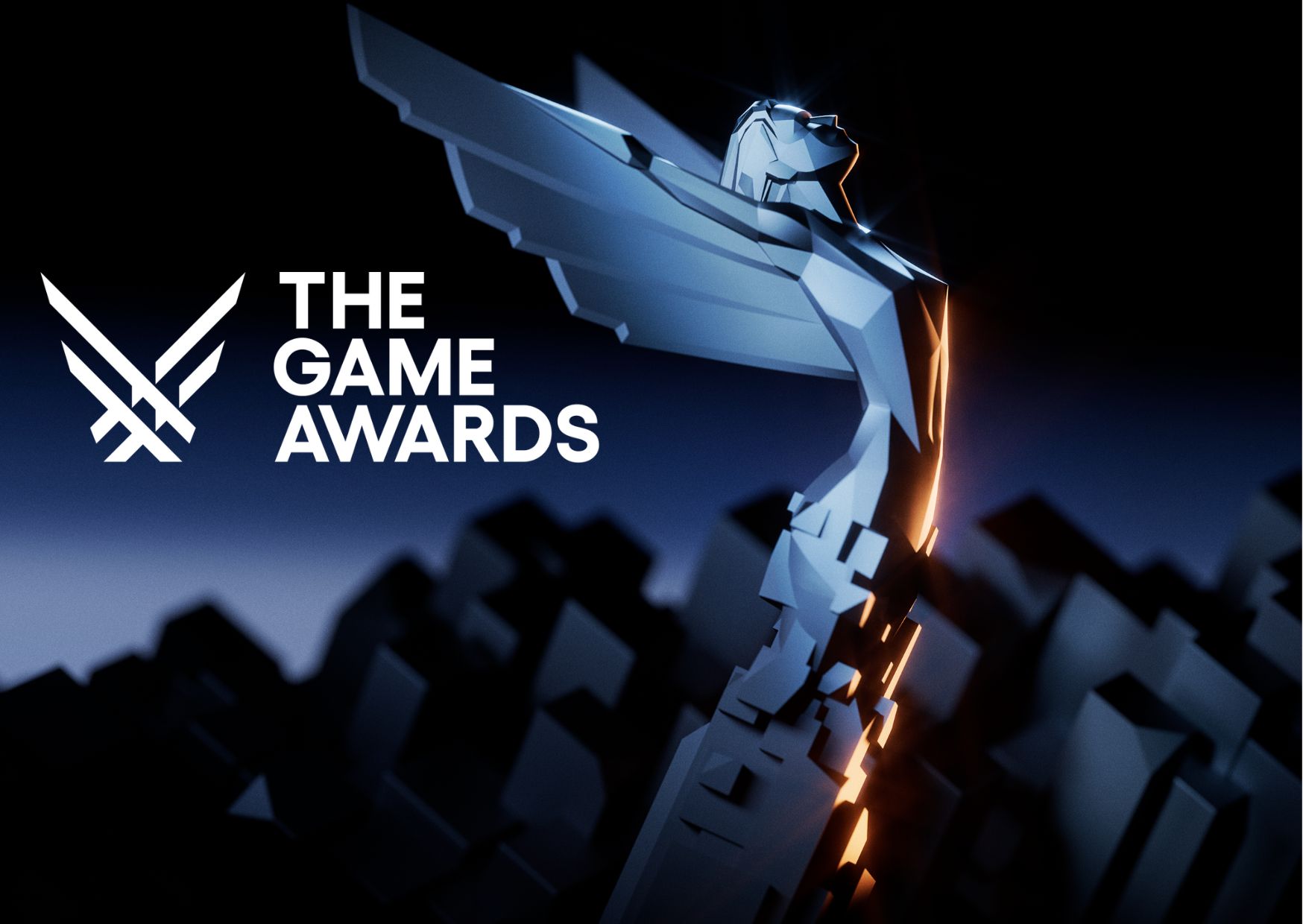Elden Ring: Shadow of the Erdtree should not have been nominated for Game of the Year (GotY) at The Game Awards.
Let’s get something out of the way: I’m not saying that Shadow of the Erdtree isn’t a quality experience or that its developers at FromSoftware aren’t deserving of recognition. As someone who’s not played the content myself, I can’t say whether it’s something I would personally enjoy, but all the reception I’ve heard online has been overwhelmingly positive.
No, the quality of the product isn’t the issue here. The problem is that Shadow of the Erdtree isn’t a standalone game; rather, it’s a paid expansion in the form of DLC for the already existing Elden Ring, which won Game of the Year in 2022.
That’s right — one of the six nominees for Game of the Year isn’t even a game.
This is a baffling decision by the voting jury. How they could categorize an expansion — which requires the player to already own the Elden Ring base game and progress to a certain point in the game before accessing the new content — is beyond me. This would be like nominating those short Pixar movies that precede major films as “movie of the year.” Sure, it might be fantastic content, but it’s not an independent experience that should be directly compared to standalone movies.
If this were a sequel or spin-off to Elden Ring that could be purchased on its own, this wouldn’t be a problem. The concern isn’t that it exists within the world of Elden Ring, the concern is that Shadow of the Erdtree is categorically not an actual game.
This is also upsetting because this DLC has now filled the spot of a GotY nomination that could have been saved for another developer’s standalone product. We might never know what it is, but there’s a game out there that earned seventh place in the jury vote for this year’s nominees, and it won’t get its recognition as a Game of the Year nominee because a paid expansion took its place.
The Game Awards are now defending this decision in a FAQ posted on their website:
“The Game Awards aims to recognize the best creative and technical work each year, irrespective of the format of that content’s release. Expansion packs, new game seasons, DLCs, remakes and remasters are eligible in all categories, if the jury deems the new creative and technical work to be worthy of a nomination. Factors such as the newness of the content and its price/value should be taken into consideration.”
It’s true that Shadow of the Erdtree is an impressive feat that’s garnered plenty of positive reception. It’s also true that it’s quite substantial in size, taking just over 25 hours for the average player to complete the new content. In fact, that’s longer than some standalone games in their entirety, so it’s quite impressive for a DLC offering.
But at the end of the day, the amount of content and its quality doesn’t matter. Game of the Year nominations should be reserved for games, and it’s disturbing that an expansion has been nominated in place of an actual standalone product.
This begs the obvious question: Why don’t The Game Awards simply create a new category dedicated to the best DLC of the year? The award show already has 29 categories for awards this year — best multiplayer, best art direction and best audio design to name a few — so creating a new category dedicated to paid expansions seems like a no-brainer. This could actually be a very interesting category, with more and more developers releasing DLC for their games in recent years, and would give those teams the rightful recognition they deserve without impeding on the territory of the coveted Game of the Year award. It’s not that DLC should never be considered for an award, it’s just that they should be in a distinct category separate from standalone releases.
It’s hard not to feel a little sorry for the development team at FromSoftware throughout this controversy. As more and more critics object to Shadow of the Erdtree’s inclusion as a GotY nominee, it might feel like people are trying to belittle their accomplishments by saying it shouldn’t have been nominated.
The difference is that no one’s saying Shadow of the Erdtree didn’t deserve to be nominated — it simply shouldn’t have qualified in the first place. Many critics agree that the expansion is a phenomenal piece of content that deserves recognition, but it’s wrong to place it in a category where it simply doesn’t belong.
None of this is FromSoftware’s fault. All they did was make content so amazing that it apparently caused the voting committee to question the definition of a “game.” It’s just a shame that they’ve become caught in the middle of all this as a result.
The real perpetrators here are The Game Awards’ voting committee, who seem to have forgotten what a “game” is. If these are the most trusted and distinguished critics within the gaming journalism industry, I have to question what kind of people we’re allowing to make these decisions.
No, Elden Ring: Shadow of the Erdtree should not be nominated for Game of the Year. It’s a beloved piece of content, but Game of the Year should be reserved for the type of product that the category is named after: games.

